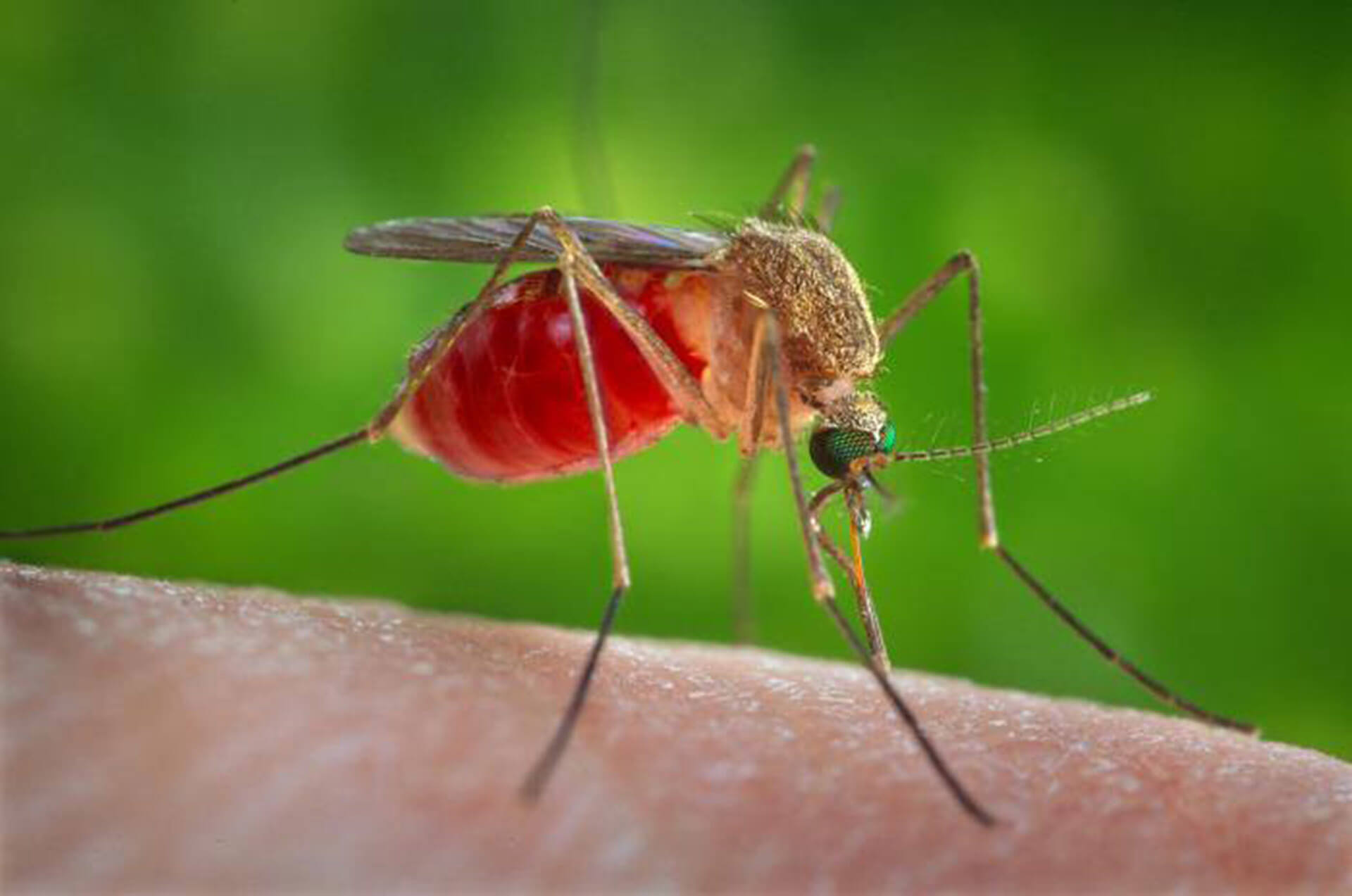Mosquito Sample from East Hampton Tests Positive for West Nile Virus

Sixteen additional mosquito samples have tested positive for West Nile virus, including the first on the East End this summer.
Suffolk County Health Commissioner Dr. Gregson Pigott announced Friday that of the mosquito samples tested between August 25 and 27, one from East Hampton tested positive for the virus. So far this season, the health department has reported 76 mosquito samples have tested positive for West Nile virus.
“The confirmation of West Nile virus in mosquito samples indicates the presence of West Nile virus in the area,” Pigott said. “While there is no cause for undue concern, we advise residents to cooperate with us in our efforts to reduce exposure to West Nile virus and other mosquito-borne diseases.”
The virus was first detected in birds and mosquito samples in Suffolk County in 1999. The virus can be transmitted to humans if they are bitten by an infected mosquito.
Most people with West Nile virus will experience mild or no symptoms, according to the health department. Severe symptoms include a high fever, headache, neck stiffness, stupor, disorientation, coma, tremors, convulsions, muscle weakness, vision loss, numbness and paralysis. The health department urges those 50 years of age or older, or anyone with compromised immune systems, to take precautions to avoid mosquito bites.
Twelve other samples during this latest period were of the same species found with the virus in East Hampton, the Culex pipiens-restuans mosquito, the common house mosquito. Those infected mosquitoes were found in western Suffolk, including two from Lindenhurst, and one from each of the following hamlets; Northport, West Islip, Brentwood North Babylon, Greenlawn, Copiague, Great River, Setauket, Holtsville and North Patchogue.
Another species that tested positive, the Culex salinarius, was collected from Bayshore and Farmingville. A Coquillettidia perturbans sample collected from Bayshore also had the virus, the health department said.
Dead birds may indicate the presence of the West Nile virus. Reports of dead birds can be made by calling the Bureau of Public Health Protection at 631-852-5999 from 9 a.m. to 4 p.m., Monday through Friday. Residents are encouraged to take a photograph of any bird in question.
To report mosquito problems or stagnant pools of water, which attract mosquitoes, residents can call the Department of Public Works’ Vector Control Division at 631-852-4270.


